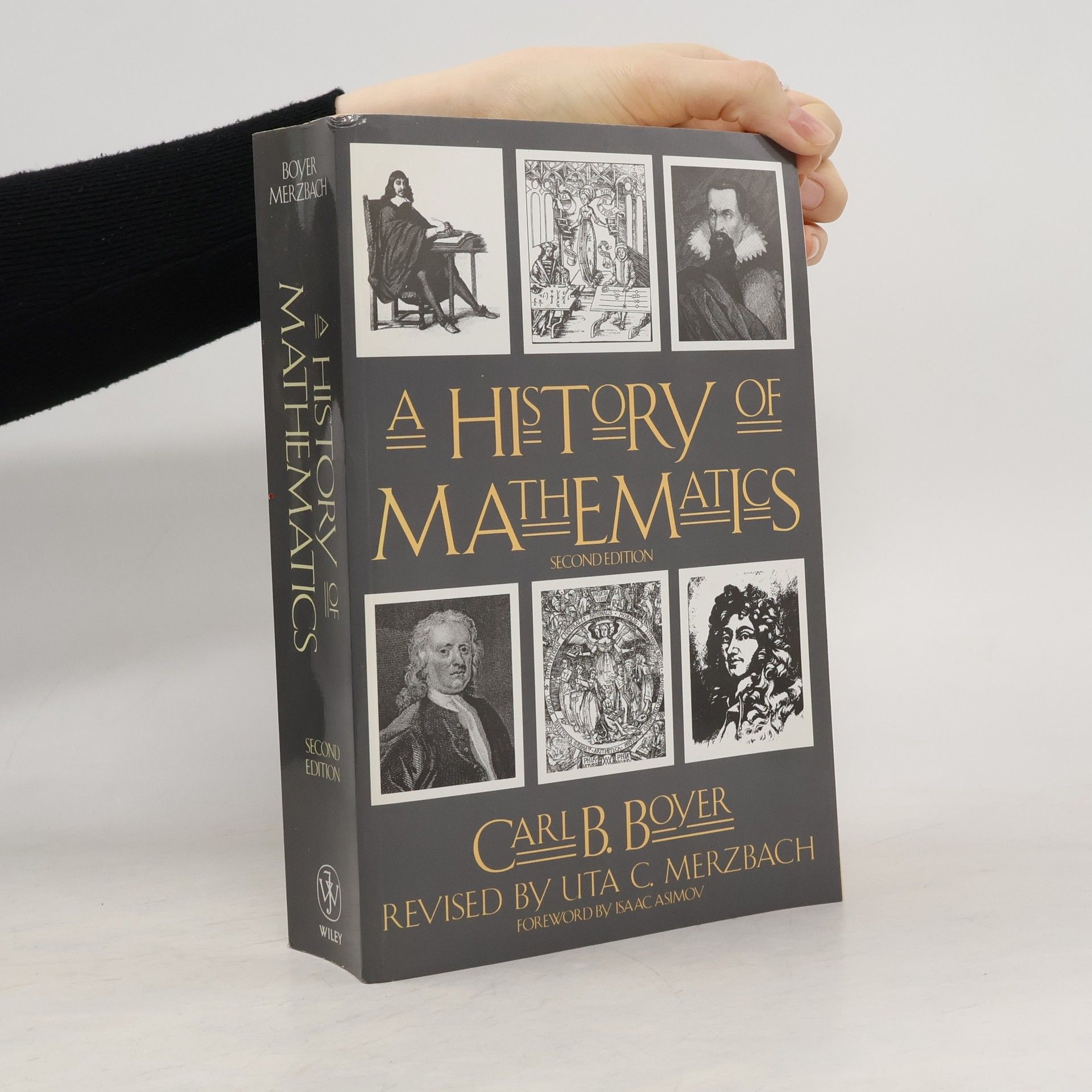Boyer and Merzbach distill thousands of years of mathematics into a captivating chronicle, showcasing brilliant mathematics and a distinguished cast of characters. They trace the development of European mathematics while also acknowledging the significant contributions from Chinese, Indian, and Arabic civilizations. This work stands as a classic one-volume history of mathematics and the mathematicians behind it. The authors present a mounting structure of knowledge, with a solid foundation dating back to Thales' early geometrical theorems nearly 26 centuries ago. It is regarded as one of the most useful and comprehensive general introductions to the subject. Both readable and scholarly, it serves as an excellent introduction and reference source. Revised for accessibility, the text vividly illustrates humankind's relationship with numbers and includes broadened coverage of twentieth-century advances in probability and computing. Additionally, it features an appendix with an extensive chronological table of mathematical and historical developments, appealing to a wide range of readers.
Uta C. Merzbach Bücher
Uta C. Merzbach ist emeritierte Kuratorin für Mathematik am Smithsonian Institution und Direktorin des LHM Institute. Ihre Arbeit konzentriert sich auf die Geschichte und Philosophie der Mathematik. Ihre Expertise und ihr Engagement für das Fachgebiet machen sie zu einer Autorität in der Mathematik. Ihre Veröffentlichungen sind eine wertvolle Ressource für alle, die sich für Mathematik interessieren.
